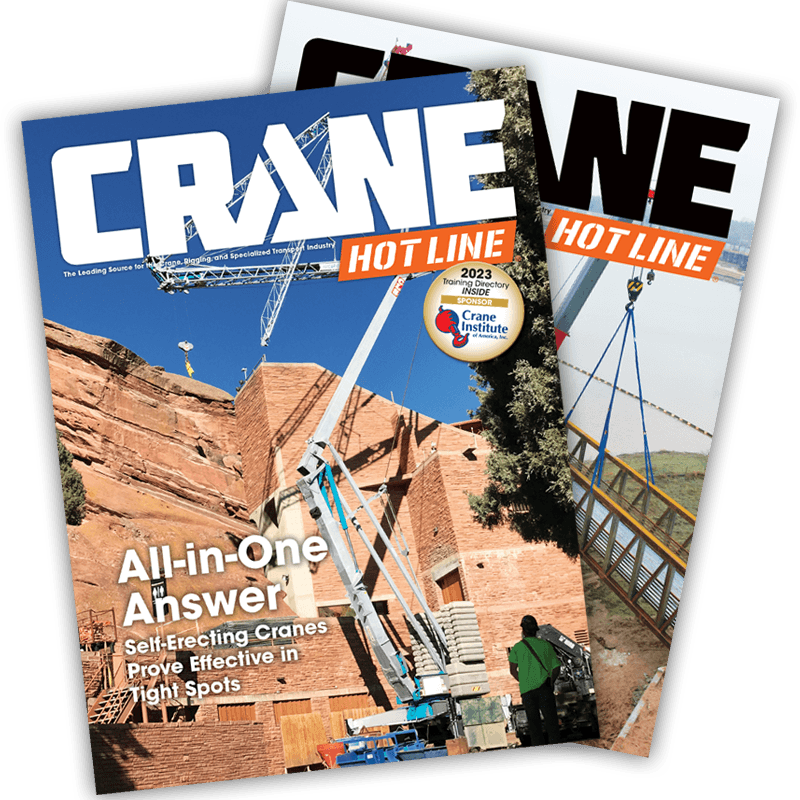New York Buildings Department Overhauls Crane Operator Licensing
Recovery work begins after a NYC tower crane accident in May.
October 8, 2008 • Buildings Commissioner-Designate Robert LiMandri announced Monday strict new criteria for individuals seeking licenses to operate Class C hoist machines, commonly referred to as mobile cranes.

New applicants must obtain certification from the National Commission for the Certification of Crane Operators (NCCCO), an accredited non-profit organization that develops performance assessments for safe crane operations nationwide. Applicants seeking certification must pass written and practical exams administered by the NCCCO, as well as undergo a criminal background check, demonstrate physical fitness and comply with a substance abuse policy. Individuals who currently hold active Class C hoist machine operator (HMO) licenses must meet the new requirements and obtain NCCCO certification by Sept. 30, 2009, to retain their licenses.
"These new requirements will better ensure individuals have the necessary skills and knowledge to safely operate the most advanced mobile cranes available," LiMandri said. "Any type of crane is a complex piece of machinery that requires a unique set of skills, and these modernized tests accurately measure one's ability for the cranes being used today."
To obtain a Class C license, an applicant must have at least two years of experience within three years prior to application under the direct and continuing supervision of a licensed HMO in
Applicants must pass NCCCO written and practical exams specific to the equipment for which the New York City Class C license is to be issued. There are three types of Class C licenses: C1 for wheel-mounted mobile cranes with boom length not exceeding 200 feet and a capacity of 50 tons or less; C2 for crane-mounted boom trucks with boom length not exceeding 200 feet and a capacity of 50 tons or less; and C3 for crane-mounted boom trucks with a boom length not exceeding 135 feet and a capacity of three tons or less. The exams will be administered at NCCCO testing facilities or facilities approved by the NCCCO. Certification by NCCCO will demonstrate that an applicant has adequate knowledge and experience using the appropriate crane model.
The department will require an applicant to submit documentation certifying compliance with all of these requirements, and failure to provide accurate and truthful information could result in rejection of a license application as well as possible criminal charges. The department will periodically audit a random sample of the applications submitted and work with the city's Department of Investigation (DOI) to pursue disciplinary action against those found to have submitted fraudulent information, or who do not otherwise meet the necessary requirements. The need for this licensing overhaul comes after DOI's arrest of the department's senior crane inspector in June. The department will continue to review its procedures with DOI's assistance.
The department, which is responsible for the exams required for the Class C license, halted the testing process following allegations that the testing had been compromised. To ensure the integrity of the process, the department is now working with the NCCCO to begin administering the NCCCO exams. The NCCCO was formed by industry members in 1995 and is recognized by the federal Occupational Safety and Health Administration. On behalf of the department, the city's Department of Citywide Administrative Services will continue to administer the written and practical exams for applicants seeking Class A and Class B HMO licenses, which enable individuals to operate tower cranes and larger mobile cranes. However, the department is currently exploring alternative ways to administer those exams as well.
For more information, visit http://www.nccco.org/licensing/NewYorkCityCentral.htm.

